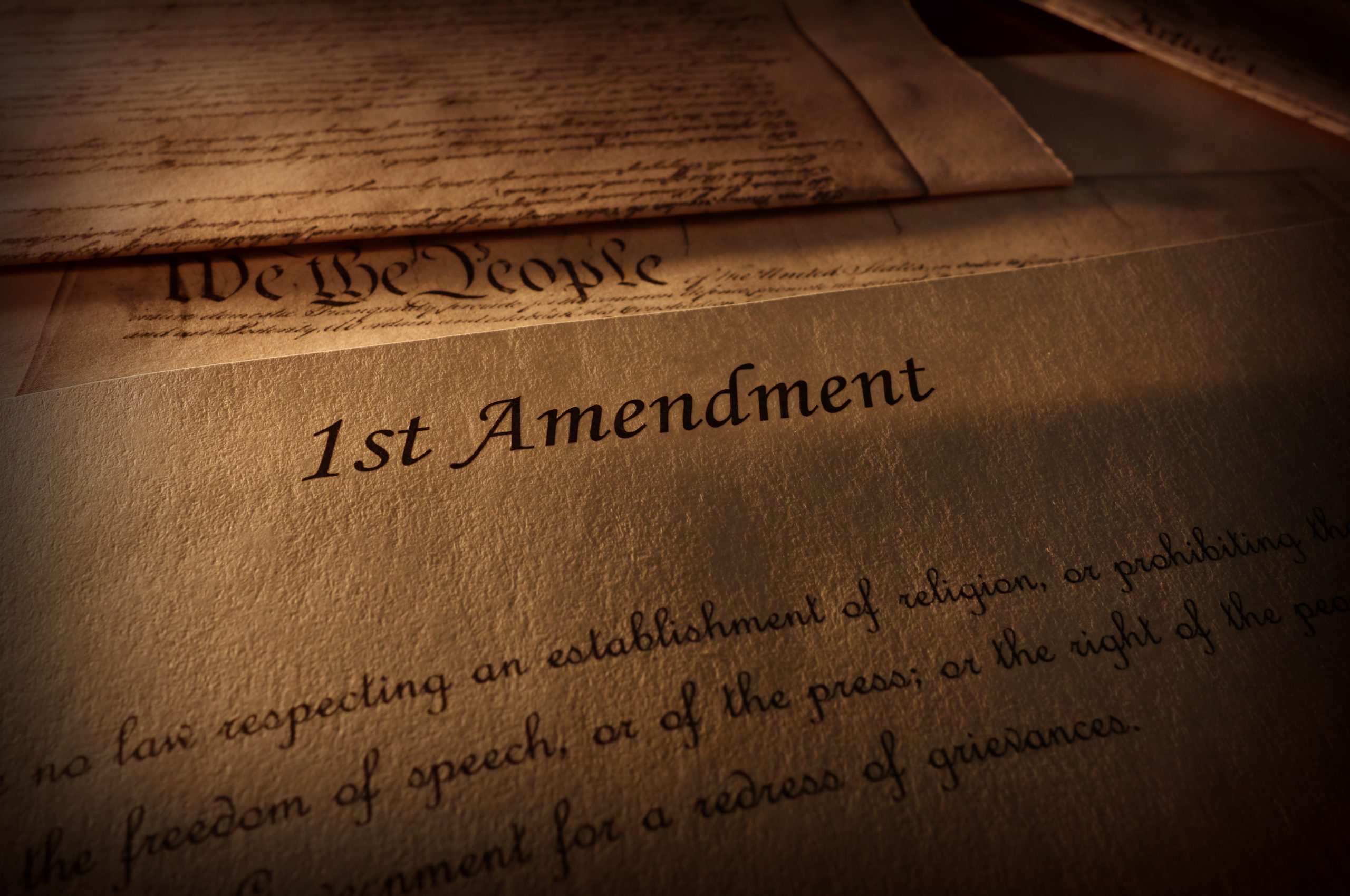
This is part three of a three-part list of highlights from the Exempt Organizations Symposium held by the American Bar Association Tax Section’s Exempt Organizations Committee on September 8, 2022. Also see Part 1 (Political and Lobbying Activities, News from IRS/Treasury/Hill) and Part 2 (DAOs, Illegality).
Charities and the First Amendment: Questioning Lobbying Limitations and the Campaign Intervention Prohibition
This was a fascinating panel that examined the constitutionality of limits on charitable speech, evaluated the consequences of such limits, explained the associated vulnerabilities to constitutional challenge, and analyzed their justification.
Background: The lobbying limitations and the political campaign intervention prohibition are based on the Subsidy Theory, which generally posits that charities are effectively subsidized by government funds because of the deductibility of charitable contributions and the exemption of income taxes. Not all scholars agree with this theory, and it’s clear that not all charity revenues represent foregone government revenues. Note that nearly 90% of taxpayers do not itemize their deductions and therefore are not able to take advantage of the charitable contribution deduction.
In a 1983 decision (Regan v. Taxation with Representation of Washington), the U.S. Supreme Court held that the prohibition against substantial lobbying under 501(c)(3) did not violate the First Amendment in part because a 501(c)(3) organization could have an affiliated 501(c)(4) organization that could lobby without a substantiality restriction. The opinion stated: “The IRS apparently requires only that the two groups be separately incorporated and keep records adequate to show that tax-deductible contributions are not used to pay for lobbying. This is not unduly burdensome.”
The decision and current jurisprudence leave some open questions:
- Are the definitions of lobbying and political campaign intervention unconstitutionally vague?
- Could it be unconstitutional to require a 501(c)(3) charity to create and use a non-subsidized affiliate to engage in the limited or prohibited speech? See Citizens United v. FEC
- Could disclosure of contributors, even only to the IRS on Form 990 Schedule B, unconstitutionally chill speech? See Americans for Prosperity Foundation v. Bonta
- What if any effect does the Supreme Court’s holding that government can “define the limits of [a] government spending program” (including subsidized activities) but cannot “leverage funding to regulate speech outside the contours of the program itself” have?
- Does the subsidy holding mean that 501(c)(3) charities are subject to any law tied to receiving federal financial assistance, including Title IX?
Despite the Supreme Court opinion in Taxation with Representation, the burden to a 501(c)(3) organization for creating and maintaining an affiliated 501(c)(4) organization may vary widely from case to case and over time. It can be reasonably simple or incredibly complex. Among the issues that may create some very challenging complexities:
- A 501(c)(3) organization’s assets include its name, mailing lists, and goodwill.
- A shared website can result in the speech of a 501(c)(4) organization being attributed to a 501(c)(3).
- Communications by one or both of the exempt organizations using the term “we” may be ambiguous and misleading.
- Officers and representatives with positions in both organizations must be careful with communications and signatures.
- Employees working with both organizations must be properly classified with respect to employment laws, payroll tax withholdings, time tracking, etc.
- Contractors and vendors working with both organizations may create contractual and separation issues.
- Affiliates of 501(c)(3) organizations that engage in political intervention activities must not use 501(c)(3) resources to engage in such activities, which can be complicated if resources are shared.
Additionally, the subsidy theory must be questioned. It may not fit in with modern First Amendment jurisprudence. It may not fit in with tax laws. Most of a charity’s contributions are not subsidies based on highest form of deduction. Why then is the government controlling money it didn’t pay?
Further, it may be argued that nearly everyone receives some form of government subsidy, and the government doesn’t control all of their speech. Note this quote from a 2013 Supreme Court opinion:
The Government “may not deny a benefit to a person on a basis that infringes his constitutionally protected … freedom of speech ….
https://www.supremecourt.gov/opinions/12pdf/12-10_21p3.pdf
The Supreme Court has also stated in an opinion (Janus v. AFSCME) that lobbying and political speech “occupies the highest rung of the hierarchy of First Amendment values and merits special protection.” The deferential standard used in Taxation with Representation to judge the constitutionality of the lobbying ban was stated to find “no support in our free speech cases.”
Historically, lobbying and political advocacy are rarely government speech and have always been understood as private speech The limitation on private speech paid for with non-governmental funds is problematic. The subsidy of tax-exemption alone generally does not limit exempt organizations other than 501(c)(3) organizations from lobbying or engaging in political campaign intervention (though that may be limited), so is it constitutional to limit the speech of 501(c)(3) organizations based on this subsidy? That appears to be a matter still up for some debate.
Additional Resources from the Panelists
Nonprofits, Speech, and Unconstitutional Conditions (Lloyd Hitoshi Mayer)
The Political Speech of Charities in the Face of Citizens United: A Defense of Prohibition (Roger Colinvaux)
Americans for Prosperity and the Future of Schedule B (Ellen Aprill)